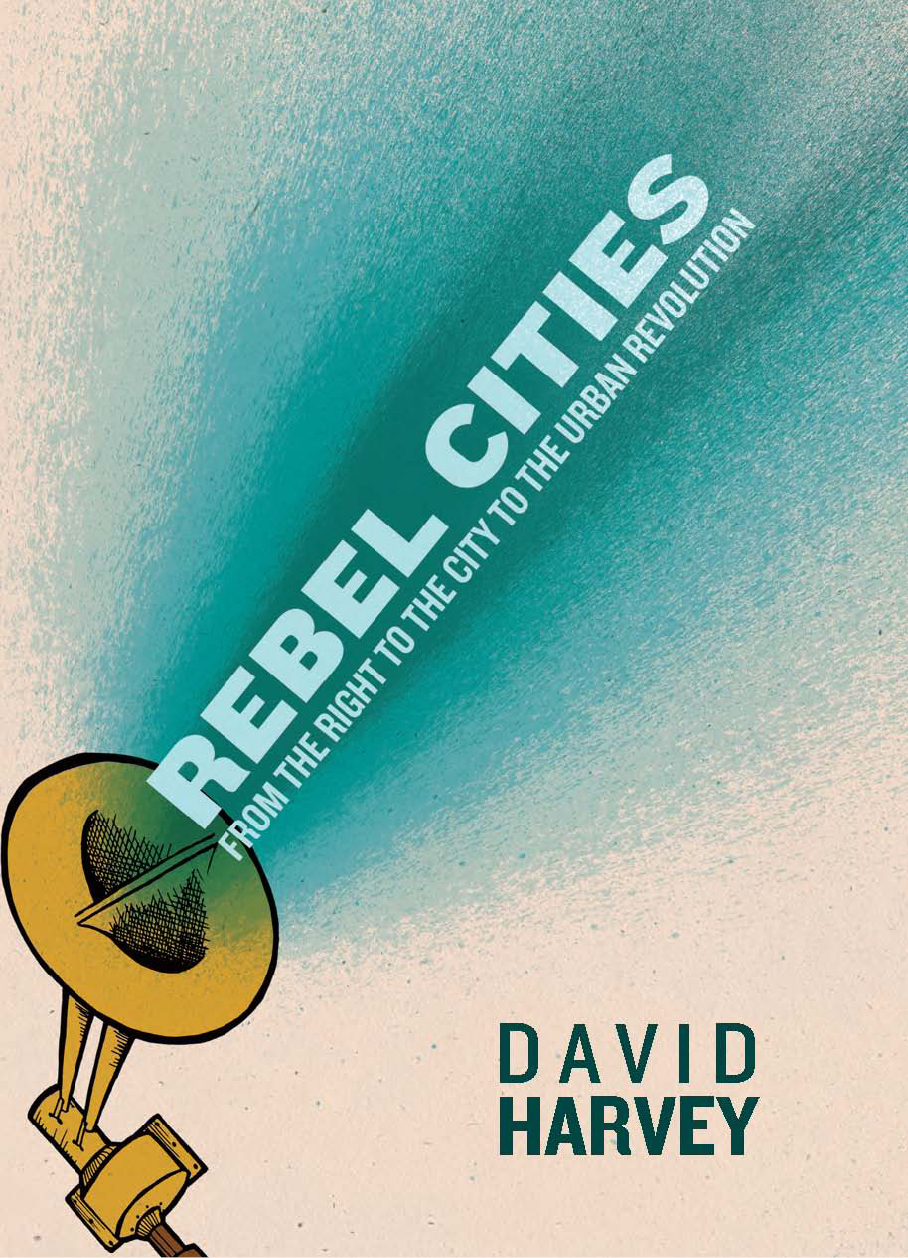Culture Machine, 13: Paying Attention (2012)
Filed under journal | Tags: · attention, attention economy, floss, labour, networks, production, software

“This issue of Culture Machine sets itself two interrelated tasks in response to the scope and implications of these interrelated positions concerning attention, consciousness, culture, economics and politics. Firstly, it interrogates the notion of attention as it is elaborated in approaches to the attention economy and to media as forms of attention capture. The essays by three leading contributors to thinking in and around these themes, Bernard Stiegler, Tiziana Terranova, and Jonathan Beller, have such an interrogation as their principal task. They develop different, overlapping and sometimes contrasting perspectives on how a critical reposing of the question of attention might reframe its purchase on the central themes of the relation between interiority and exteriority, minds and media, economics and culture. The interview with Michel Bauwens, and the essays by Ben Roberts and Sy Taffel, are also working toward this end in that they identify various limitations and exclusions of the predominant articulation of the attention economy and move toward alternative, more productive, ethical or socially just formulations.
The second task of this issue is pursued in the essays of Tania Bucher, Martin Thayne, Rolien Hoyng and the three contributions to the additional section of the issue. These three – from Ruth Catlow, Constance Fleuriot and Bjarke Liboriussen – represent less scholarly but no less acute strategic inquiries into the thinking and re-making of what Stiegler calls attentional technics. Together, these contributions address particular instantiations of media forms, design practices and phenomena – from Facebook and Second Life to pervasive media design and Istanbul’s digitally mediated City of European Culture project – as a way of exploring and critically inflecting the implementation of the attention economy. This second mode moves from material phenomena to theoretical analysis and critique, while the first goes the other way. As we have argued, however, the necessity of the traffic between them is a central tenet of how we endeavour to pay attention to contemporary digital technoculture in this issue.” (from the introduction)
Edited by Patrick Crogan and Samuel Kinsley
Publisher Open Humanities Press
Open Access
ISSN 1465-4121
PDFs (updated on 2019-5-8)
Comment (0)David Harvey: Rebel Cities: From the Right to the City to the Urban Revolution (2012–) [EN, ES]
Filed under book | Tags: · activism, capitalism, city, commons, culture, economy, labour, neoliberalism, occupy movement, politics, production, resistance, revolution, social movements, theory of value

“Long before the Occupy movement, modern cities had already become the central sites of revolutionary politics, where the deeper currents of social and political change rise to the surface. Consequently, cities have been the subject of much utopian thinking. But at the same time they are also the centers of capital accumulation and the frontline for struggles over who controls access to urban resources and who dictates the quality and organization of daily life. Is it the financiers and developers, or the people?
Rebel Cities places the city at the heart of both capital and class struggles, looking at locations ranging from Johannesburg to Mumbai, and from New York City to São Paulo. Drawing on the Paris Commune as well as Occupy Wall Street and the London Riots, Harvey asks how cities might be reorganized in more socially just and ecologically sane ways—and how they can become the focus for anti-capitalist resistance.”
Publisher Verso Books, London, 2012
ISBN 1844679047, 9781844679041
216 pages
Reviews: Owen Hatherley (The Guardian, 2012), Ruth Lorimer (Socialist Review, 2012), Lewis Beardmore (Open Democracy, 2012), Justin McGuirk (Art Review, 2012), more.
Rebel Cities (English, updated on 2020-11-28)
Ciudades rebeldes (Spanish, trans. Juanmari Madariaga, 2013, added on 2020-11-28)
Michael T. Taussig: The Devil and Commodity Fetishism in South America (1980/2010)
Filed under book | Tags: · anthropology, capitalism, commodity fetishism, economics, production, proletariat, south america, theory of value

In this classic book, Michael Taussig explores the social significance of the devil in the folklore of contemporary plantation workers and miners in South America. Grounding his analysis in Marxist theory, Taussig finds that the fetishization of evil, in the image of the devil, mediates the conflict between precapitalist and capitalist modes of objectifying the human condition. He links traditional narratives of the devil-pact, in which the soul is bartered for illusory or transitory power, with the way in which production in capitalist economies causes workers to become alienated from the commodities they produce. A new chapter for this anniversary edition features a discussion of Walter Benjamin and Georges Bataille that extends Taussig’s ideas about the devil-pact metaphor.
30th Anniversary Edition
With a new chapter by the author
Publisher University of North Carolina Press, 2010
ISBN 0807871338, 9780807871331
296 pages

